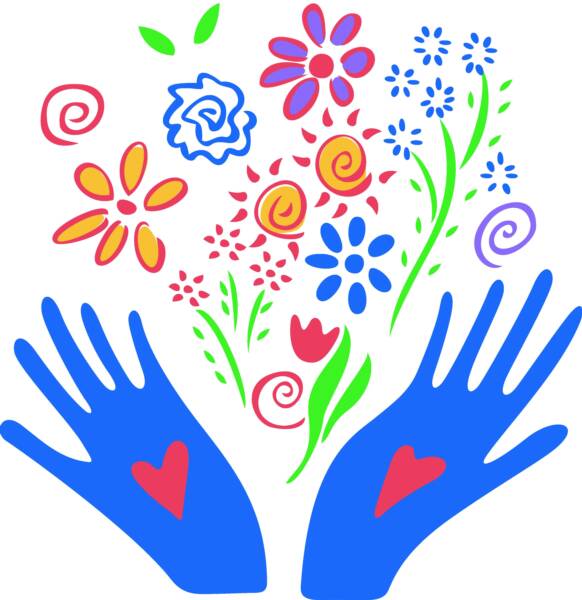Creating Mindful Children
by Sirka Louca, LCSW-R
Life is challenging and often down-right hard or painful. Cooperating, delaying gratification, communicating and coping with upsetting or uncomfortable feelings can be difficult for adults to handle and yet we expect our children to find a way to manage these issues. In order to do so successfully, they need to feel comfortable within themselves, have the skills to communicate and be proactive in resolving conflicts and problems.
As parents, we may often find ourselves rushing through a flurry of moments as we try to accomplish all the work involved in getting our children and ourselves to the places we are supposed to be. We may rarely take the time to slow down, sit and listen to what our children are feeling and the thoughts that are occupying their minds. Additionally, we may feel compelled to "fix" their feelings by getting rid of their anger or sadness. This desire to help often turns into us distracting our children ("Hey, let's go get a snack!"), minimizing their feelings ("Oh, it's not so bad") or punishing them ("If you don't stop yelling/crying right now...."). Simply listening to the pain or fear that is underlying their anger or sadness will enable them to process their feelings and move beyond them ("I see that you're very angry/sad right now. Can you tell me what your sadness/anger feels like?").
Helping children become aware of their feelings and able to express themselves are two very important skills that easily get overlooked. It is little wonder that crises, power struggles and conflicts within our families, schools and communities often occur.
Mindfulness, an ability to be fully aware and present in each moment is a natural state of being for children that gets slowly lost as they join our adult way of rushing to and through activities and living in a state of reactivity. Children’s natural curiosity, their desire to stop and experience the moment, feeling overwhelmed by emotions and wanting to express them can all become quite inconvenient if we have an appointment to make or are in public. These are the realities of adult life. However, we can create space and time to help our children become more aware of themselves in each moment, build their communication skills and work with their emotions. As is the case with most parenting, by doing this for your children you will be doing it for yourself as well.
One way to begin helping our children build these skills is to
Create Mindful Mornings:
Mornings are often a hectic and stressful time, yet they are very important and set the tone for the rest of our day. Create time each morning to do some simple deep breathing exercises. Find a place that is quiet and non-distracting. Sit cross-legged or lay down, eyes may be open or closed. Accompany your children as you guide them through a series of three deep breaths: breathe in through the nose to the count of seven, hold the breath for the count of three and then exhale to the count of seven.
Follow this exercise with a discussion about how each of you are feeling about the day, anything you are excited, nervous or thinking about, how you want your day to proceed and what you can do to make that happen. It is helpful if the parents go first thus setting an example for the children. If your children find it difficult to identify their feelings, ask them to put their hands on their tummy or their chest and see if they can tell you what they’re feeling in there. If they’re really struggling with this, make suggestions as to what you think they might be feeling. Eventually, they will be able to do this themselves.
If possible, do some simple yoga moves with them. A Child’s Garden of Yoga by Baba Hari Dass is a wonderful children’s yoga book. There are many other resources online as well.
Instill Thankfulness
Each day share with each other one thing you are thankful for. Again, parents should go first. The book Feeling Thankful by Shelley Rotner can help spark ideas. This might be a nice activity to do at the end of the day just before bed time. Be creative with this activity. Perhaps you and your children might want to make a "Thankfulness Poster" each week where everyone can post the things they are thankful for each day.
There are many ways to help your children become mindful and skilled in communicating and working with their emotions. Allow yourself to be creative in the process. The most important thing is to make the time and the space to do it. Instilling these skills in your children not only helps them; when we cultivate mindfulness in our families and ourselves we are slowly creating mindfulness in the world.
